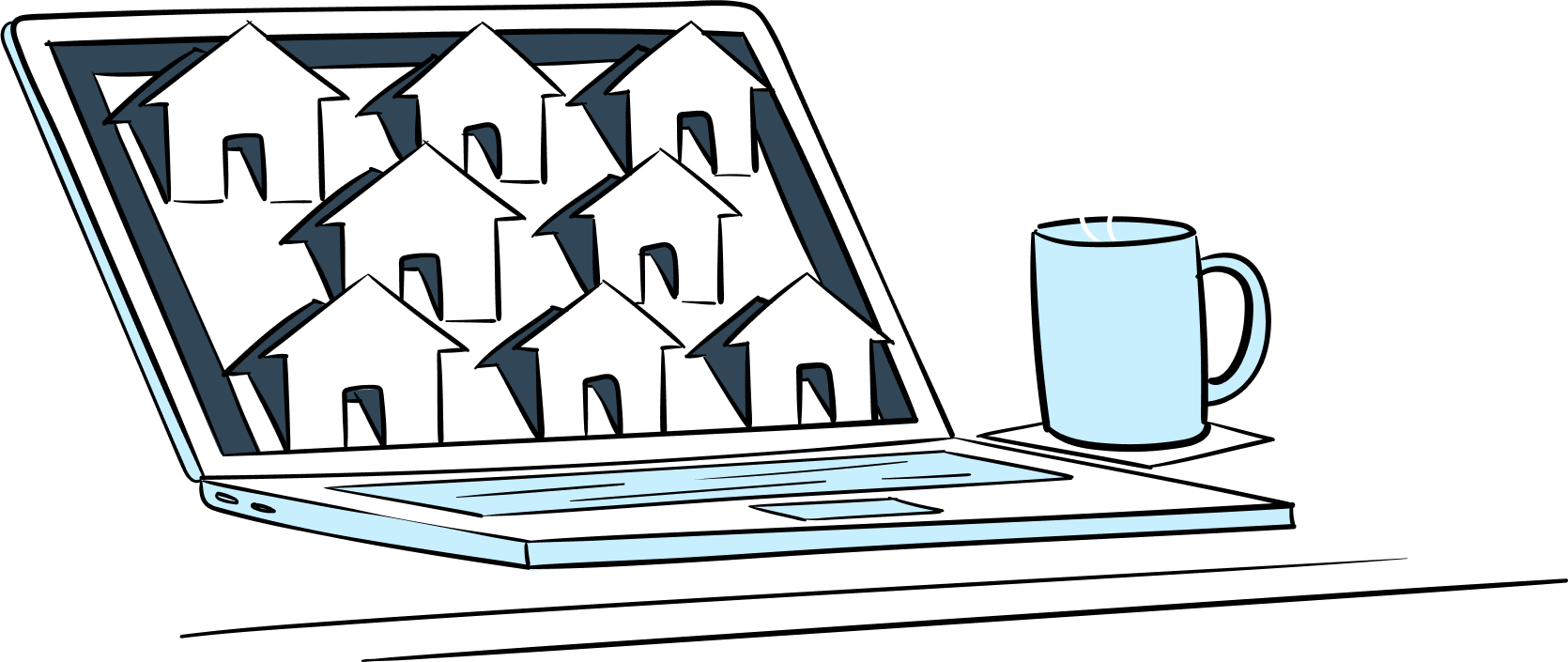A reverse mortgage is a loan that allows homeowners, typically aged 60 or older, to borrow against the equity in their home without requiring regular repayments. The loan, plus accrued interest, is repaid when the property is sold, the borrower moves into long-term care, or passes away.
Although it does seem like a sensible way to finance costs in retirement, these products do contain a fair number of risks, including:
1. Equity Reduction Over Time
Interest accrues on the loan over time, compounding the balance. This can significantly reduce the amount of equity available in the property, leaving less for future needs.
2. Impact on Inheritance
As the loan balance grows, the amount of home equity left for your beneficiaries may be diminished. This could impact the inheritance you plan to leave.
3. Rising Interest Rates
If the reverse mortgage has a variable interest rate, increases in rates can accelerate the growth of the loan balance, further reducing equity.
4. Loan Repayment Trigger Events
The loan typically becomes due when you sell the home, move into long-term care, or pass away. This could necessitate selling the home at a time that might not be optimal.
5. Property Obligations
You remain responsible for maintaining the property, paying property taxes, and keeping up with insurance. Failure to meet these obligations could lead to the loan becoming due early.
6. Limited Access to Other Credit
Taking out a reverse mortgage may limit your ability to borrow further against your home equity, potentially restricting your financial flexibility.
7. Negative Equity Risk
Although most reverse mortgages, including those in Australia, come with a "no negative equity guarantee," this ensures you won't owe more than the property's value when sold. However, there may still be cases where the remaining equity is negligible.
8. Effect on Government Benefits
Receiving funds from a reverse mortgage might impact eligibility for government benefits like the Age Pension. It’s essential to consider how a reverse mortgage affects your overall financial position.
9. Costs and Fees
Reverse mortgages often have higher setup costs, including legal, valuation, and establishment fees. These can reduce the net amount you receive.
10. Market Risks
If property values decline, your home equity could erode faster than anticipated, further limiting options for you or your heirs.
Recommendations:
It is strongly recommended that you seek advice from a qualified financial advisor to understand the impact on your financial situation – particularly when it comes to eligibility for government entitlements.
It is also recommended that you communicate with family members or potential heirs about the decision and its implications.
Finally, you should obtain legal advice about the reverse mortgage documentation (and in fact most lenders actually require this). Dott & Crossitt is able to review and advise on mortgage documentation. Should you wish to obtain a quote, please email clientservices@dottandcrossitt.com.au or call the reception desk on 1800 870 407.





